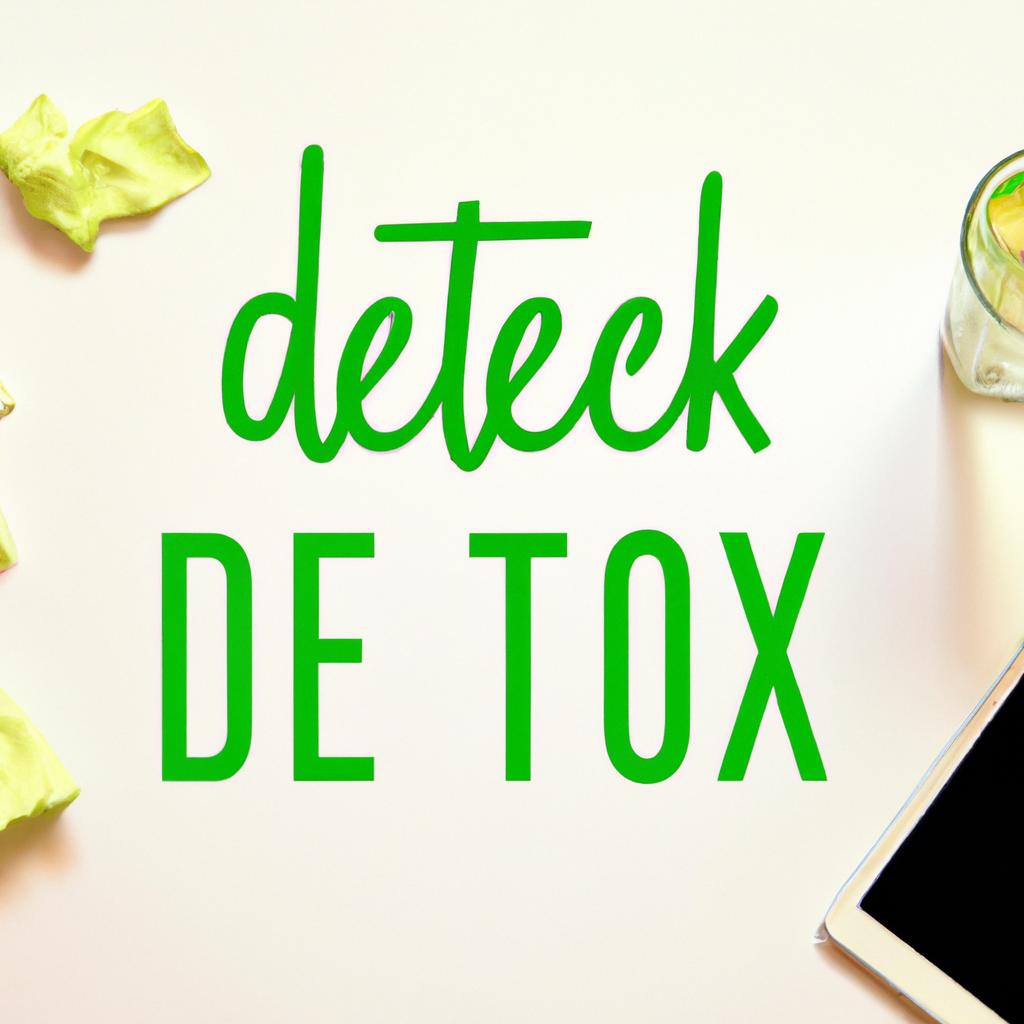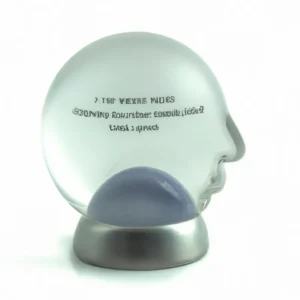Disconnect to Reconnect: Unveiling Digital Detox Magic
The Science Behind Digital Detox: Understanding the Psychological and Physiological Benefits of Screen-Free Living
Screens dominate our lives today. Smartphones and laptops connect us but can also overwhelm us. Digital detoxing offers a solution. By stepping away from screens, individuals gain psychological and physiological benefits. This blog post explores these advantages and shares tips for a successful digital detox.
The Need for Digital Detox
Many people feel stressed and anxious from constant connectivity. Studies link excessive screen time to mental health issues. Anxiety, depression, and sleep disturbances often result from technology overuse. A digital detox provides a much-needed break.
Transitioning away from screens promotes self-reflection. Without notifications, individuals can reconnect with themselves. This reconnection fosters personal growth and improves mental clarity.
Psychological Benefits of a Digital Detox
First, let’s discuss psychological benefits. Disconnecting from digital devices significantly improves mental well-being. A digital detox lowers anxiety levels. Research shows that regular breaks from screens enhance mood and reduce stress.
Additionally, stepping away from social media boosts self-esteem. Social comparisons often create feelings of inadequacy. Limiting exposure to curated online lives helps individuals appreciate their own journeys. They can focus on personal achievements without distractions.
Moreover, screen-free living encourages mindfulness. Engaging in real-life interactions grounds individuals in the present moment. Mindfulness practices reduce ruminative thoughts. Consequently, individuals experience greater emotional stability.
Physiological Benefits of Reducing Screen Time
Next, let’s explore physiological benefits. Excessive screen time often leads to a sedentary lifestyle. This lifestyle contributes to health problems like obesity and heart disease. A digital detox encourages physical activity. Engaging in outdoor activities, exercise, or walks boosts overall health.
Furthermore, reducing screen time enhances sleep quality. Screens emit blue light that interferes with melatonin production. Many people struggle to fall asleep due to this. A screen-free evening routine promotes better sleep hygiene. This practice helps individuals feel rested and rejuvenated.
Additionally, taking breaks from screens alleviates eye strain. Digital devices cause symptoms like dry eyes and headaches. Embracing screen-free living improves eye health. Individuals experience fewer headaches and enhanced focus.
Tips for a Successful Digital Detox
Now that we understand the benefits, let’s explore tips for a successful digital detox.
1. **Set Clear Boundaries**: Determine specific times for screen use. Limit social media to 30 minutes daily.
2. **Create Screen-Free Zones**: Designate areas in your home as screen-free. The bedroom and dining areas work well.
3. **Engage in Offline Activities**: Explore hobbies that don’t involve screens. Reading, painting, or gardening provide fulfilling alternatives.
4. **Practice Mindfulness**: Incorporate mindfulness practices into your daily routine. Meditation or yoga enhances your digital detox experience.
5. **Connect with Nature**: Spend time outdoors. Nature calms and helps reduce stress.
Advice for Staying Committed
Staying committed to a digital detox can be challenging. Here are strategies to maintain your resolve.
1. **Start Small**: Begin with short detox periods. Gradually increase the duration as you feel more comfortable.
2. **Find Support**: Share your digital detox goals with friends or family. They can provide encouragement and hold you accountable.
3. **Track Your Progress**: Keep a journal of your experiences. Reflecting on your journey reinforces your commitment.
4. **Celebrate Achievements**: Acknowledge milestones in your detox journey. Reward yourself for sticking to your goals.
The Long-Term Benefits of Screen-Free Living
The benefits of a digital detox extend beyond the immediate experience. Over time, individuals notice lasting improvements in their lives. They report increased productivity and enhanced creativity. Without distractions, focusing on tasks becomes easier.
Moreover, relationships deepen when screen time decreases. Face-to-face interactions strengthen connections. People often feel more fulfilled in their relationships when they prioritize real-life interactions.
Lastly, a digital detox fosters a healthier lifestyle. With more time for physical activity and self-care, individuals experience better well-being. They also cultivate a more positive outlook on life.
Conclusion
In conclusion, the science behind digital detoxing reveals significant psychological and physiological benefits. By understanding the need for breaks from screens, individuals can enhance their mental and physical health. Implementing tips for a successful detox leads to lasting changes. A digital detox improves well-being and fosters deeper connections with oneself and others. Embrace a screen-free lifestyle. Your mind and body will thank you.
Below are related products based on this post:
FAQ
What are the psychological benefits of a digital detox?
A digital detox significantly improves mental well-being by lowering anxiety levels, enhancing mood, and reducing stress. It also boosts self-esteem by limiting exposure to social comparisons and encourages mindfulness through real-life interactions, leading to greater emotional stability.
How does reducing screen time affect physical health?
Reducing screen time encourages a more active lifestyle, which can prevent health issues like obesity and heart disease. It also enhances sleep quality by promoting better sleep hygiene and alleviates eye strain, resulting in fewer headaches and improved focus.
What tips can help ensure a successful digital detox?
To successfully implement a digital detox, set clear boundaries for screen use, create screen-free zones in your home, engage in offline activities, practice mindfulness, and connect with nature. Starting small and finding support from friends or family can also enhance your commitment to the detox.















Post Comment